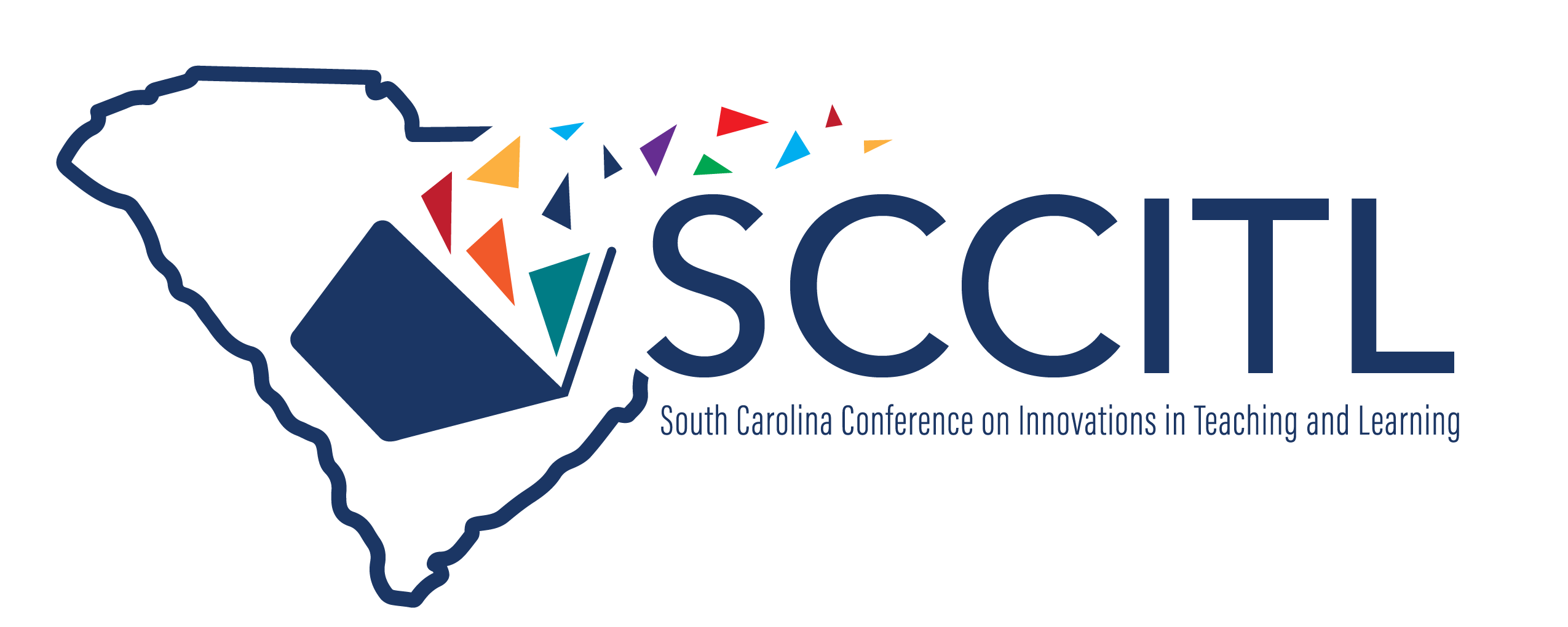Presentation Title
Video Mediated Communication (VMC) Fluency for Today's Student: You're on Camera
Track Choices
Engaging Pedagogy
Abstract
As students' academic and professional lives unfold increasingly online due to the globalization of labor, graduates will need to become fluent in using VMC to manage professional perceptions and mission. VMC, an alternative to face-to-face communication that occurs over an information technology platform, is positioned to occupy a more central role in our curricula. VMC has been studied for over twenty-five years, and current industry practices are biasing toward a remote, connected, and agile workforce. The 2010 NSF Workshops on Communicating Science: Tools for Scientists and Engineers reports that traditional education and training typically do not prepare scientists and engineers to communicate effectively with industry, policymakers, and public stakeholders. Graduates are increasingly expected to communicate their results directly to the greater public. Clear communication with these audiences ensures continuity in critical operations during times of crisis. Today's graduate must master effective communication skills to foster productive team dynamics, propose persuasive projects, provide valuable status updates to management, and effect change within his or her organization—all while video conferencing. This workshop presentation contributes to understanding how communication development emerges and is best fostered in students. Participants will be given a best practices rubric to adapt to their VMC-mediated classrooms, as well as a set of best practices-features to model during VMC interactions with students.
Video Mediated Communication (VMC) Fluency for Today's Student: You're on Camera
Zoom Room 2
As students' academic and professional lives unfold increasingly online due to the globalization of labor, graduates will need to become fluent in using VMC to manage professional perceptions and mission. VMC, an alternative to face-to-face communication that occurs over an information technology platform, is positioned to occupy a more central role in our curricula. VMC has been studied for over twenty-five years, and current industry practices are biasing toward a remote, connected, and agile workforce. The 2010 NSF Workshops on Communicating Science: Tools for Scientists and Engineers reports that traditional education and training typically do not prepare scientists and engineers to communicate effectively with industry, policymakers, and public stakeholders. Graduates are increasingly expected to communicate their results directly to the greater public. Clear communication with these audiences ensures continuity in critical operations during times of crisis. Today's graduate must master effective communication skills to foster productive team dynamics, propose persuasive projects, provide valuable status updates to management, and effect change within his or her organization—all while video conferencing. This workshop presentation contributes to understanding how communication development emerges and is best fostered in students. Participants will be given a best practices rubric to adapt to their VMC-mediated classrooms, as well as a set of best practices-features to model during VMC interactions with students.


